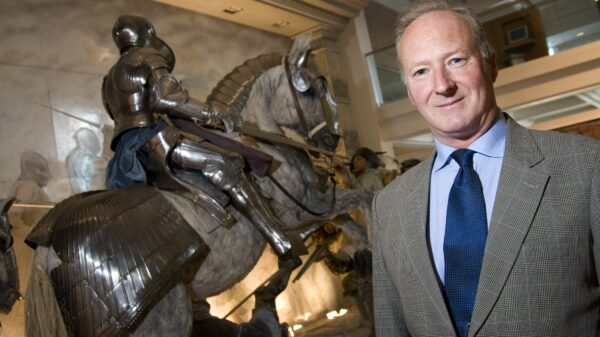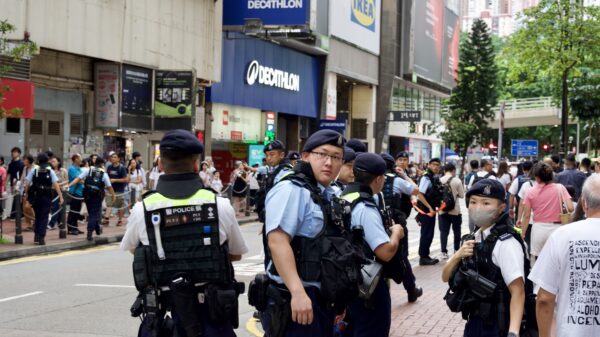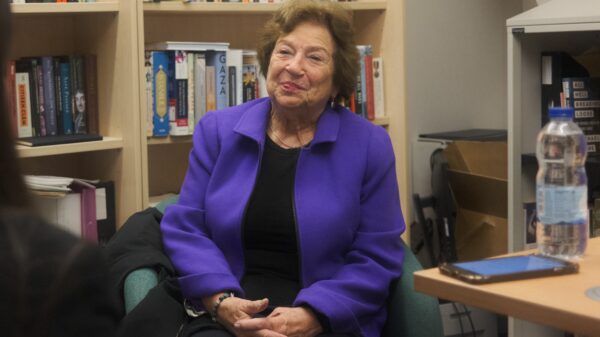The potential political and social consequences of NATO withdrawal from Afghanistan.
As NATO’s twelve-year campaign in Afghanistan comes to an end, an intense debate has begun as to whether withdrawal is actually the right decision. Unfortunately, the social and political consequences of this move have received less attention. In a letter to the British government, Guy Willoughby, Chief Executive of the HALO Trust (committed to clearing dangerous military debris from war zones), argued that the Afghan government was likely to implode unless the international community worked to counter widespread unemployment and social disaffection in the South Asian country.
Although data accuracy is extremely difficult to ratify in Afghanistan, the Ministry of Labor and Social Affairs estimates that in recent years the number of unemployed citizens has rapidly escalated to 800,000. This clearly indicates that despite the billions of dollars worth of international aid poured into the country each year, the Afghan economy is not creating adequate job opportunities.
It is feared that the Western withdrawal will further impact an already volatile situation. The IASF has begun the process of decommissioning its 800 military bases throughout the country with profound effects for the communities that they border. Take Bagram, an ancient city adjacent to a famous airbase of the same name. In recent months 2,000 civilian workers have been laid off, generating profound social consequences including an increase in poverty, drug abuse and rising crime rates.
Haji Shamsul Haq, head of the Development and Solidarity Council in Bagram, voiced these concerns when interviewed this July, asserting that the base was crucial to the local economy and unemployment would likely lead to these young men indulging in “violent actsâ€. The story is the same in Kandahar, where 70% of base workers in the region have lost their jobs in the past year. Haji Mukhtar, a member of the regional council, said that an increasing numbers of citizens were coming to them and saying that they have no other choice than to join the Taliban.
The official unemployment rate in Afghanistan is around 35%, but when rampant underemployment is tweaked in, the figure rises to 50%. In the past few years, many of these individuals were secure in the emergent middle class as a result of jobs provided by foreigners. Yet as the withdrawal accelerates, these positions are fast disappearing, leaving the Afghan society to contend with a new and unpleasant reality. Additionally, corruption in the government and business sector makes finding new employment difficult, and in recent years Afghan leaders have been criticized for not understanding economic issues.
In his letter to the British government, Mr. Willoughby asserts that the domestic situation left by the Soviet Union in 1989 was preferable to the status quo. Provisions for female education were more widespread, while a greater number of women worked in government offices. Also, the Afghan security forces were much stronger than now; incorporating some 580,000 personnel compared to the 352,000 today. The outlook only worsens, when the regular “insider attacks†of radicalised Afghan National Army soldiers against their NATO allies are brought into consideration. To achieve sustainable peace, Mr. Willoughby argues that Western governments will have to make a greater effort to create jobs and keep young men off the streets.
However, viewing modern Afghanistan’s situation as inherently worse than upon Soviet withdrawal in 1989 is somewhat inaccurate when you consider that civil unrest continued, culminating in the 1992 overthrow of the Republic and its replacement with an Islamic State.
Now it is undeniable that after 2014, the Afghan government will face numerous challenges, not least fighting the continuing insurgency. Also, until the Taliban play a central role in the so-called Afghan peace process, it cannot succeed, considering the group’s influence in national politics. Talks so far have proceeded haltingly, but determining the Taliban’s position in a post-war Afghanistan may well be more important than generating employment in the short-term.
Peace is needed to provide the stability on which economic growth – essential in resolving the country’s social problems – can occur, as only social rest will settle both the national and international communities. If this fails to occur, then the 35-year war in Afghanistan will continue with catastrophic consequences, regardless of whether a buoyant jobs market is successfully developed.
King's College London. Award-winning student newspaper, a platform to share your story, and a publication that holds entities accountable when no one else dares.


















